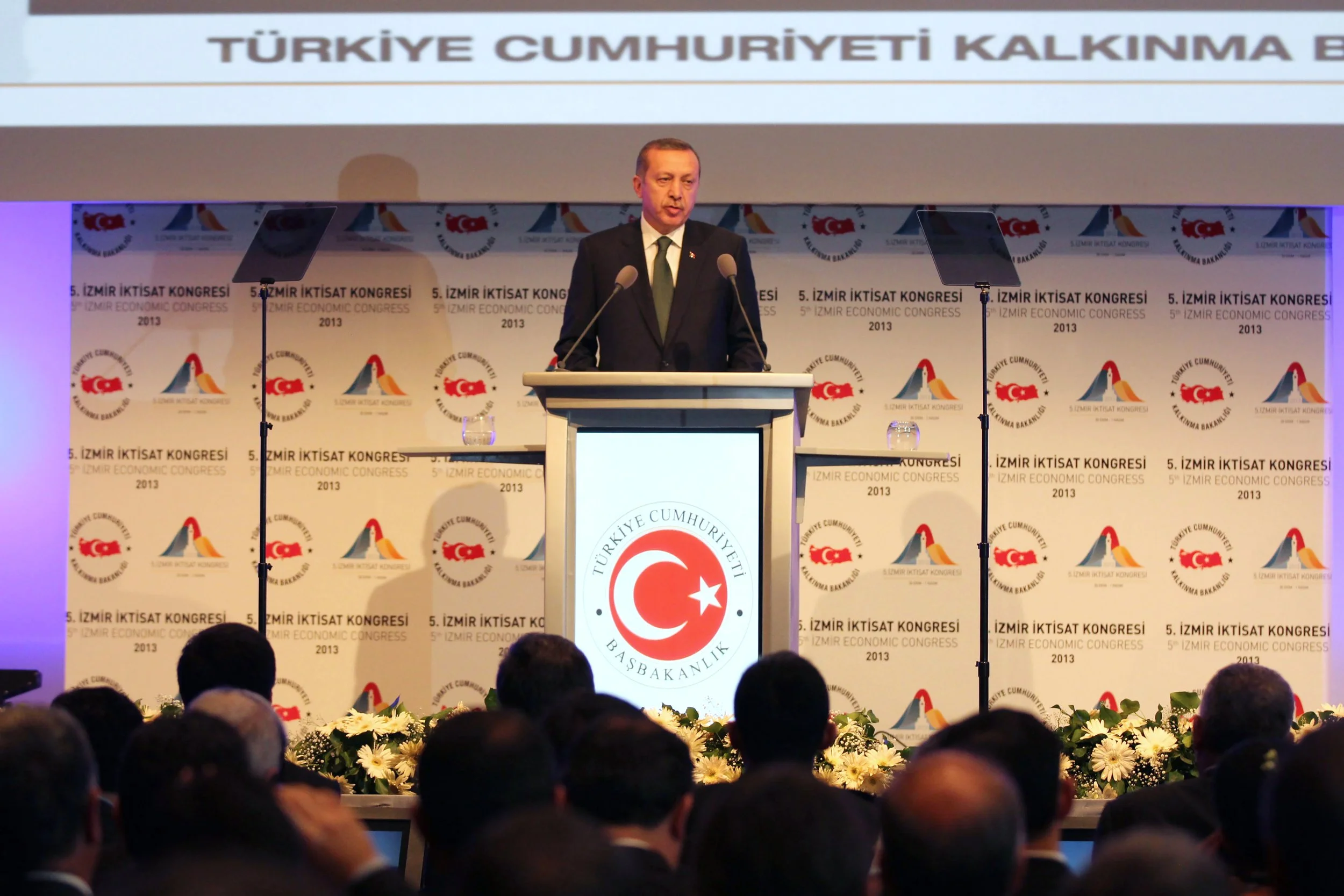Volume 18, Issue 1: Fall 2022
The Fall 2022 Edition was published online in December 2022. See note from the editors.
Darryl Alexander argues that the newfound global condemnation of unjustified military force by Russia against Ukraine provides the United States with an opportunity to reaffirm its dedication to a multilateral order that prioritizes diplomacy over militarism.
Cultivating leaders who value fundamental human rights and dignity should be the teaching and practicing model at the Jackson School of Global Affairs and beyond, argues Rayhan Assat.
Although social movements in Israel and the occupied Palestinian territories (oPt) differ in methodology, strategy, and an understanding of the cost necessary to accomplish peace, many still share the common goal of bringing an end to the Israeli-Palestinian conflict. Rev. Dr. Mae Elise Cannon and Kevin Vollrath examine how these movements define the core issues of the conflict.
In lieu of the unbridled, markets-and-economics-over-ideology approach to globalizing trade and capital flows that dominated the three decades after the end of the Cold War, we now observe prominent global players cultivate ever-closer ties with counterparts that share similar worldviews. Brian Wong examines this ongoing process of financial balkanization and cautions against its dangers.
Sarah Stortz argues that the international community has an opportunity to support democracy in Sudan, if it is willing to learn from its past mistakes.
How can the U.S. Strategy on Countering Corruption deliver? The case of Albania suggests that instead of simply designating certain politicians as corrupt, the United States should collaborate with local activists to foster openness, newness, and competitiveness inside the body politic, writes Dosti Banushi.
To enable the full inclusion of poor and marginalized populations—including, and especially, smallholder farmers and indigenous communities—in the process of and benefit from food systems transformation, institutional innovations in social, business, and policy systems must accompany investments in technology-based innovations, Kyriacos Koupparis advocates.
It is in the national interest of the United States to deter a hostile PRC takeover of Taiwan. Lt Samuel Winegar explores how might the United States and its regional partners best prepare the battlefield for potential conflict or better yet, deter PRC aggression without fighting.
Zhi Han Tan discusses how denouncing “Chinese privilege” bears a diplomatic function beyond domestic repercussions.
In just the last two decades, how did Turkey reverse so many democratic gains, engage in dozens of military interventions, and witness one party under one leader turn the one-hundred-year old nation into a one-man regime? Rimon Tanvir Hossain reviews Dimitar Bechev’s Turkey Under Erdoğan.









